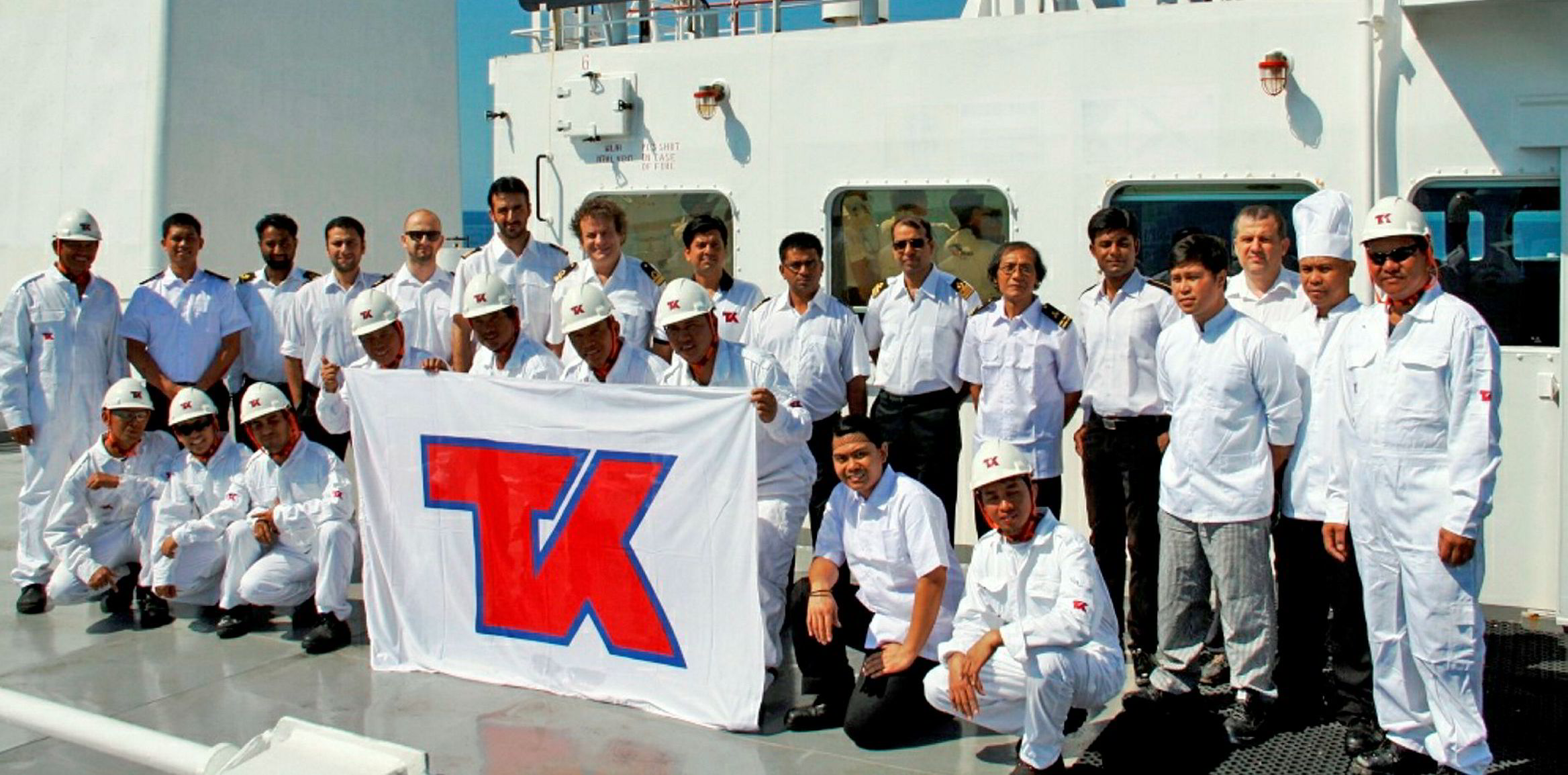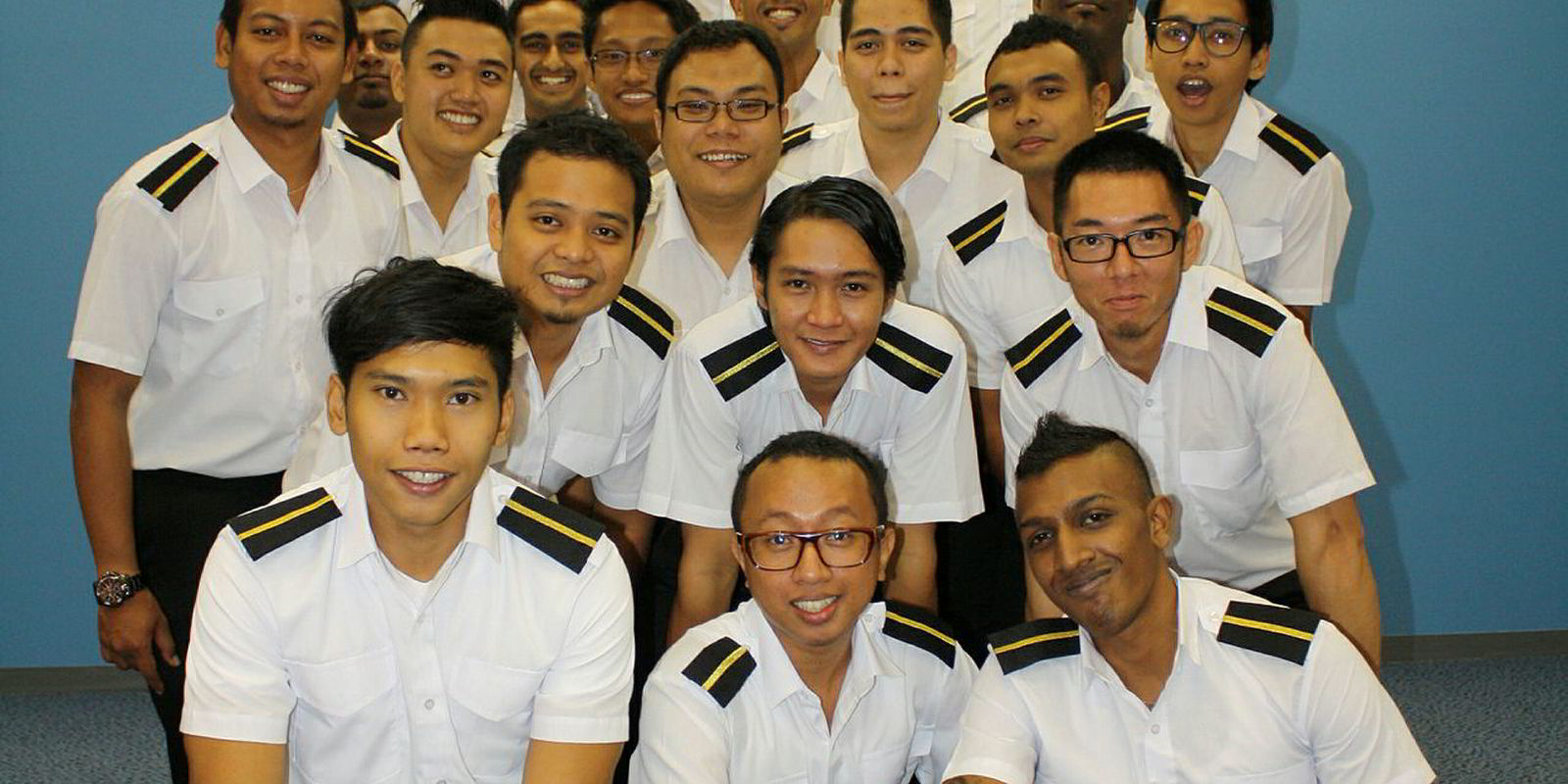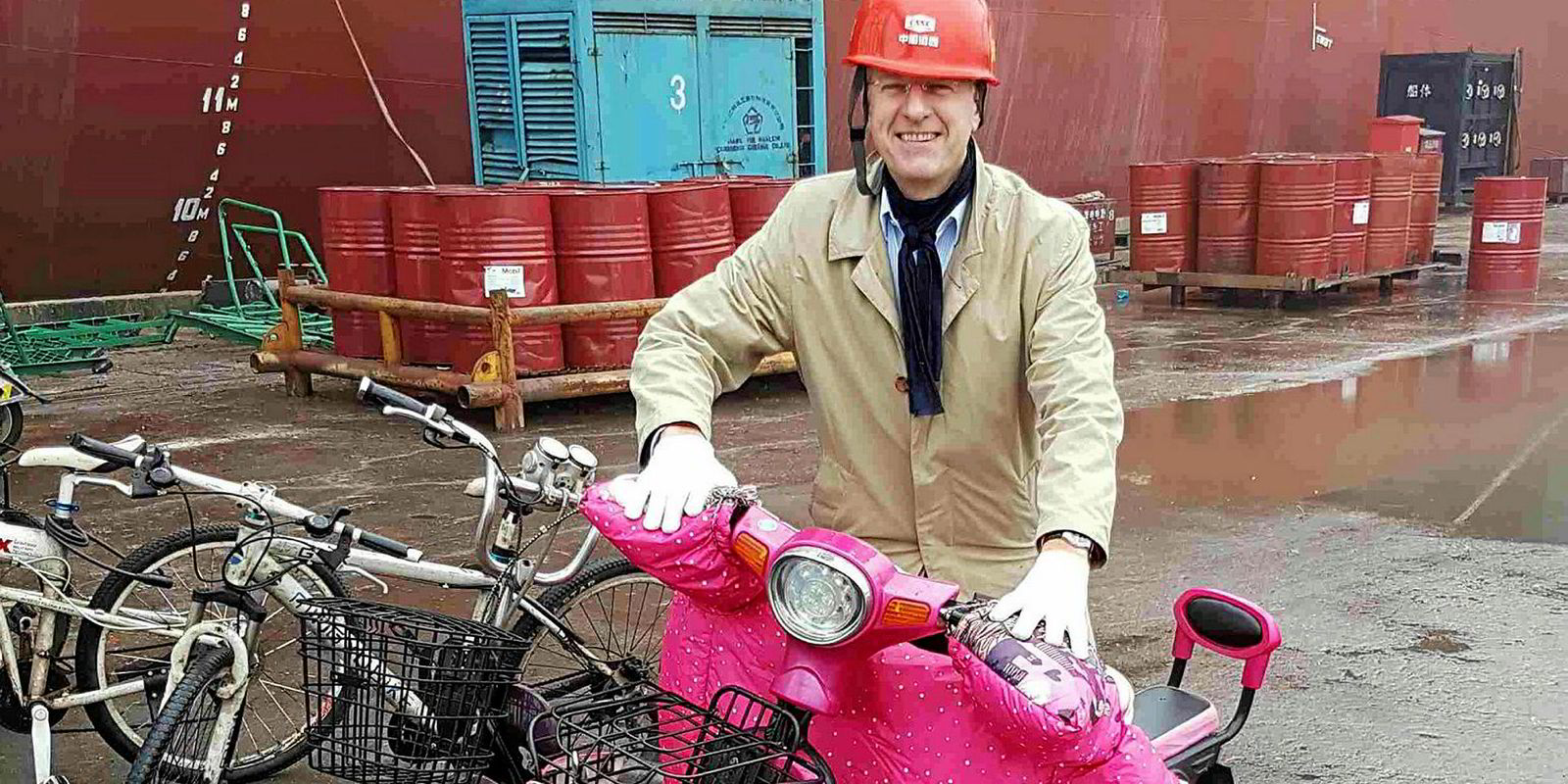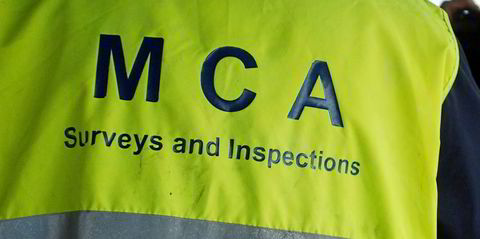Professional development and training have become increasingly important to the shipping industry as it seeks to recruit and retain seafarers in a sector where roles and the vessels themselves are becoming ever more sophisticated.
A shortfall in officers, for example, is running at about 2%, a figure which is expected to continue in the coming years. This is despite officer numbers growing at 0.5% per year, as this modest growth is tempered by shorter terms of duty and longer leave entitlements.
Getting connected
This is the recruitment conundrum presented by Martin Dixon, Drewry’s head of research products, to delegates at a CrewConnect conference in Manila earlier this month.
However, Dixon added that the fact all ships still continue to sail with full crews is testament to the industry having raised the bar in terms of crew management and recruitment processes.

Where in the past crewing was very much supply and demand based and done as cheaply as possible, the industry is now responding to its customers' demands and adopting a more professional approach.
Recruiting, training and retaining competent crew members should now be a priority for all companies, says Anwar Buftain, team leader of fleet personnel at Kuwait Oil Tanker Co.
“You want people you can trust to operate your $100m machine,” he adds.
The task of maintaining a competent pool of deck and engine officers will become more challenging in the future as technology evolves and ships become more specialised.
As each type of ship requires a crew with specific, specialised skill sets, crewing pools will become fragmented and limited.
Embracing LNG
LNG-powered vessels, for example, require engineers and engine room crews with dedicated skills. Those who have them are in demand as the cruise and tanker sectors begin to embrace LNG-powered vessels.
Tanker companies that have a presence in the LNG sector are able to tap in-house LNG expertise, but even that has its limits, says John Adams, managing director of Teekay Shipping.

“If I introduce 12 new LNG ships, it represents a huge skills challenge. If you have a limited amount of people who can work on a particular type of ship such as LNG, you have to develop long-term strategies for crew,” he says.
“The last thing you want is someone else to come along with a poaching strategy.”
The perceived comfort and glamour of cruiseships might make the poaching of experienced LNG engineers to work on LNG-powered cruiseships an easy and cost-effective game for the cruise sector.
According to Tino Hensel, vice president of marine human resources at Carnival Maritime, familiarisation training for engineers to work on an LNG-powered cruiseship is a 90-day undertaking, including 30 days spent onboard an LNG carrier. It costs Carnival about €30,000 ($34,000) to train each engineer.
Hensel estimates the cruise industry will need at least 9,000 deck and engine officers over the next seven years. Commercial shipping will require even more.
Will the industry be able to meet the challenge? Yes, experts attending the CrewConnect conference agreed, providing shipping is willing to start the recruitment and training of the next generation of skilled seafarers now.
But it will not be without its challenges.
“We are an industry of extremes,” Adams concludes. “At the one end, you have professional operators talking about leadership and development and at the other end, people willing to abandon their crews.”






